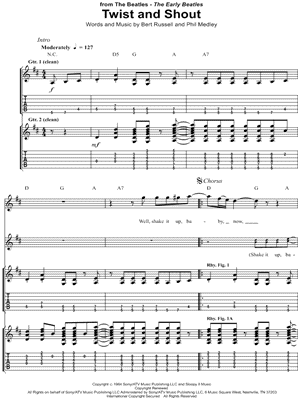

Originally compiled in the spring of 1977, Chrome Dreams is Young’s 44 th album and it boasts an impressive quantity of the tunes that would become standards in Young’s undeniable canon of 20 th-century songwriting achievements.Ī song that Young has claimed was originally written for Lynyrd Skynyrd, the three-minute recording of “Powderfinger” is Young at his best: an acoustic guitar strumming a total of four chords a microphone, surely a strong buzz happening, and (as ever) nary a musical bridge in sight. The quality and desirability of these long-dormant albums varies and (historical value aside) is truly dependent on the temperament of each listener. In the early 2000s, Young began releasing many of these recordings courtesy of his multimedia-rich Neil Young Archives, increasing the output of these formerly unreleased or previously bootleg-only recordings. During this same era, usually working with his longtime producer-ally-enabler David Briggs, Young began writing, recording and then shelving entire albums of music certain blasphemy in an age when his peers were racking up serious monies with every new album and battling for FM-radio supremacy.

Releasing such stark and emotional albums mystified many, yet the influence of those albums is resolute. Young (with either his backing bands Crazy Horse or the Stray Gators) released a trifecta of still-stunning, consecutive rock albums: Time Fades Away, On the Beach and Tonight’s the Night. Traveling there soon became a bore so I headed for the ditch.”īut what a glorious ditch it was. At the end of the decade he was winding down from the deliberate “anti-popularity” of “The Ditch Trilogy.” In the liner notes of his then-greatest hits album Decade, the Young wrote, “‘Heart of Gold’ put me in the middle of the road. In the ‘70s, while his peers Bob Dylan and Van Morrison exuded personae of mystery or moodiness, Neil Young was capricious to the point of possible self-immolation when it came to the arc of his career.


 0 kommentar(er)
0 kommentar(er)
